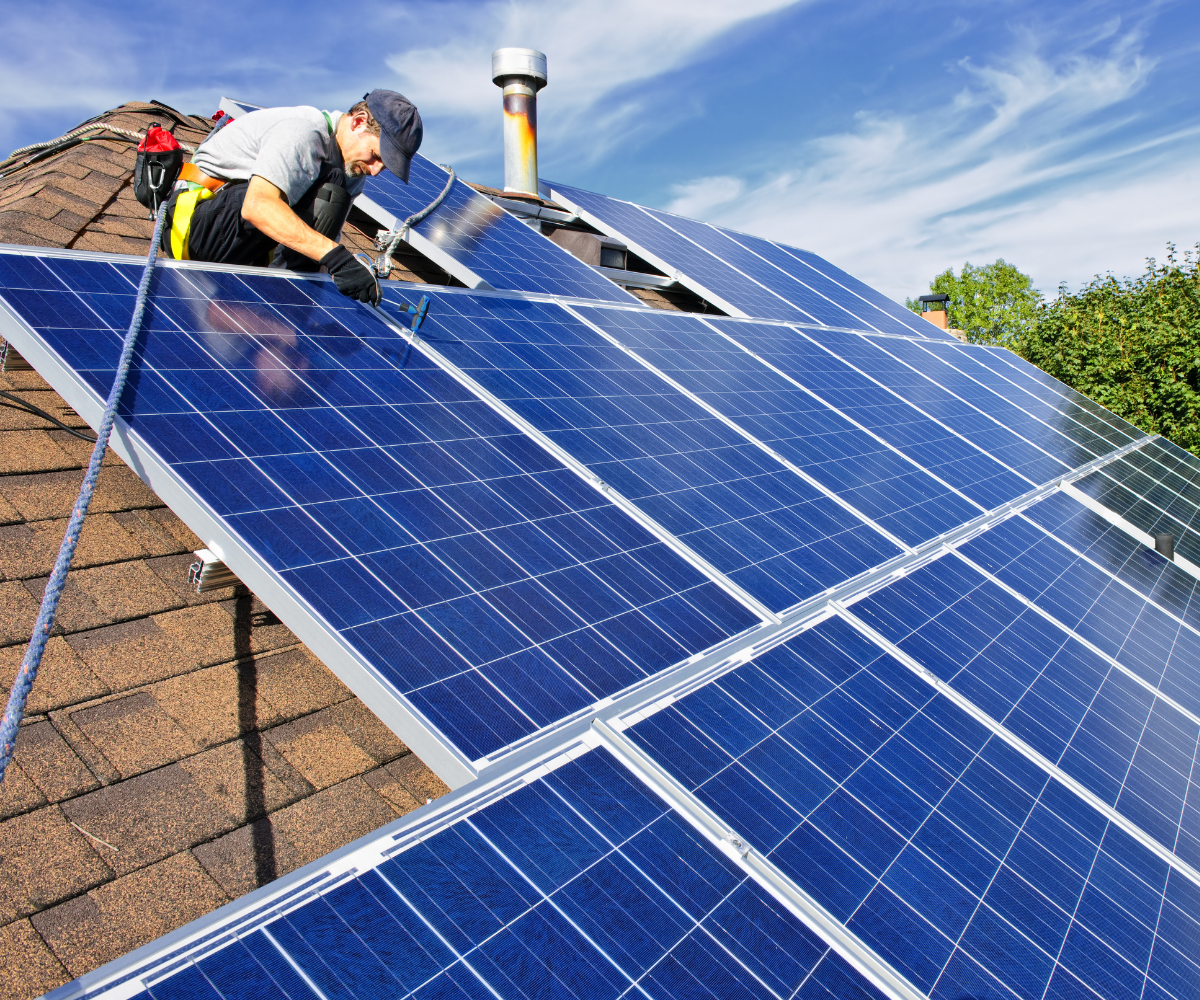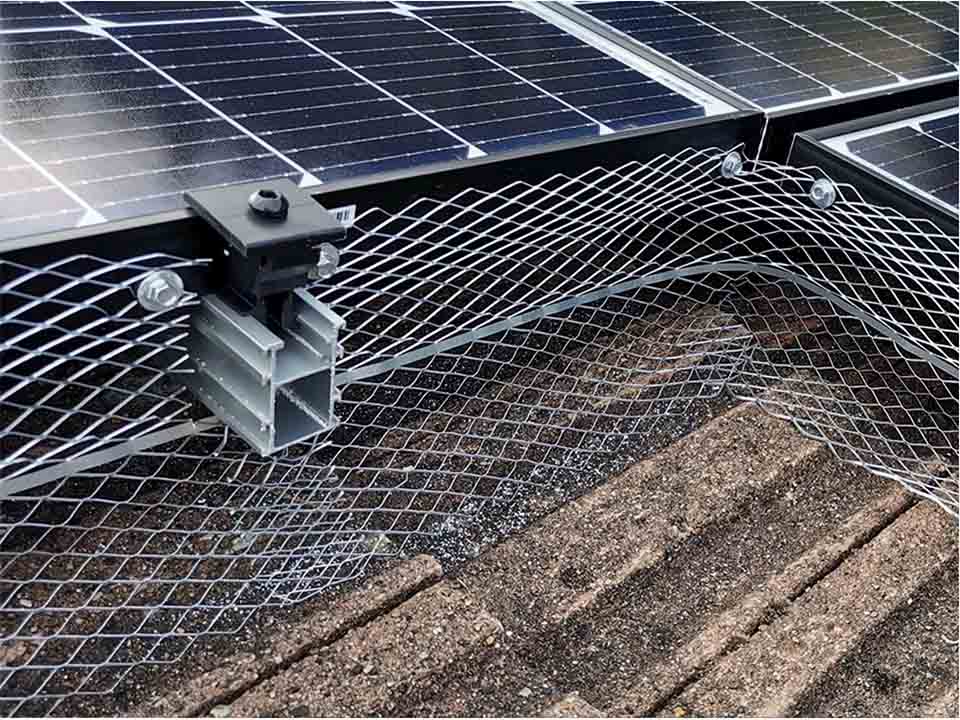When it comes to switching to solar, cost is often one of the main questions we get asked. Solar panels have become increasingly popular as people seek to lower their electricity bills and reduce their carbon footprint. But how much will it cost you in 2025?
This guide explains all you need to know.
1. How much do solar panels cost?
The price will vary according to the size of the system you require, but here’s a general idea:
2 kW system (4-6 panels)
- For smaller homes with low energy consumption
- Up to 1,700 kWh per year
- Costs around £4,000 to £6,000
4 kW system (8-12 panels)
- A good size for a family home
- Up to 3,400 kWh per year
- Costs around £6,500 to £9,000
5 kW system (10-15 panels)
- Good for larger homes or high usage
- Up to 4,250 kWh per year
- Typically around £7,500 to £11,000
Most homes will need a 4 kW system, the best balance between output and price.
2. What’s included in the cost?
Here’s what you’ll pay for in a solar system:
- Solar panels – £130-£200 per panel, plus premium models
- Inverter – Converts the solar energy to usable electricity (£600-£1,800)
- Installation & labour – Around £1,000-£3,000
- Mounting & cabling – Essential hardware and safety equipment
- VAT – Reduced to 5% for domestic solar systems
- Smart Export Guarantee (SEG) – Lets you sell back unused electricity to the grid
You can also choose to add extras like monitoring software or battery storage (see below).
3. How much do solar panels cost per kW?
You can also look at it as the cost per kilowatt peak (kWp), which represents the system’s output:
- Budget – Around £1,400-£1,800 per kWp
- Mid-range – Around £1,800-£2,100
- Premium systems – Around £2,200-£2,500+
So a 4 kWp system would typically cost around £7,200-£10,000 installed.
4. How much will you save?
This is where solar really comes into its own.
- Energy bill savings – A 4 kWp system producing 3,400 kWh/year could save you around £1,190 per year (based on current prices).
- SEG payments – You could make another £150-£200 a year by selling unused energy.
- Payback period – Most systems will pay for themselves in 6-8 years.
- Lifetime savings – Over 25 years you could save £25,000-£30,000.
Not bad for a one-off investment.
5. Should you get a battery?
It’s not necessary but it might be worth it, especially if you use a lot of power at night or have an electric car.
- Cost: Around £4,500-£8,000
- Benefit: Boosts self-consumption from around 40% to up to 80%
- Payback: Typically 10-15 years
If you’re short on cash, you could get a solar system now and add a battery later.
6. How to save money
You could reduce costs even further:
- Check for local council grants or green energy loans
- Get in a group bulk-buy scheme – some installers offer discounts for multiple homes
- Install in quiet months (like winter or early spring) for better deals and availability
7. How to choose an installer
Don’t accept the first quote you get, here’s what to look for:
- Get 3 quotes from reputable companies
- Check for MCS certification – this is needed for SEG payments
- Read customer reviews on sites like Trustpilot or Checkatrade
- Ask about warranties – good panels should last 25 years; inverters around 10
Going with a good installer will save you money and stress in the long run.
8. Is it worth it?
Yes! Here’s why:
- Quick payback, You’ll break even in less than 8 years
- Massive long-term savings – Over £25,000 over the system’s life
- Smaller carbon footprint – Most systems offset around 2 tonnes of CO2 per year
Solar panels are now one of the smartest home improvements you can make – for your wallet and the planet.
FAQs
Q: Do I need planning permission?
Most of the time no. Most home solar systems will be considered “permitted development”. But this could be different for flats or listed buildings.
Q: Do they need cleaning?
Not really. A couple of times a year should be enough, unless your roof is pitched.
Q: Can I add more panels later?
Yes, as long as your inverter and set-up can take it.
Final Thoughts
To sum up:
- A 4 kWp system costs around £7,500-£9,500
- You’ll save £1,300+ per year
- You’ll be cash-positive in 6-8 years
- You’ll reduce your carbon footprint and protect against rising energy prices
Next step? Get a quote from a MCS-certified installer. Solar could be the smartest investment you make this year.











